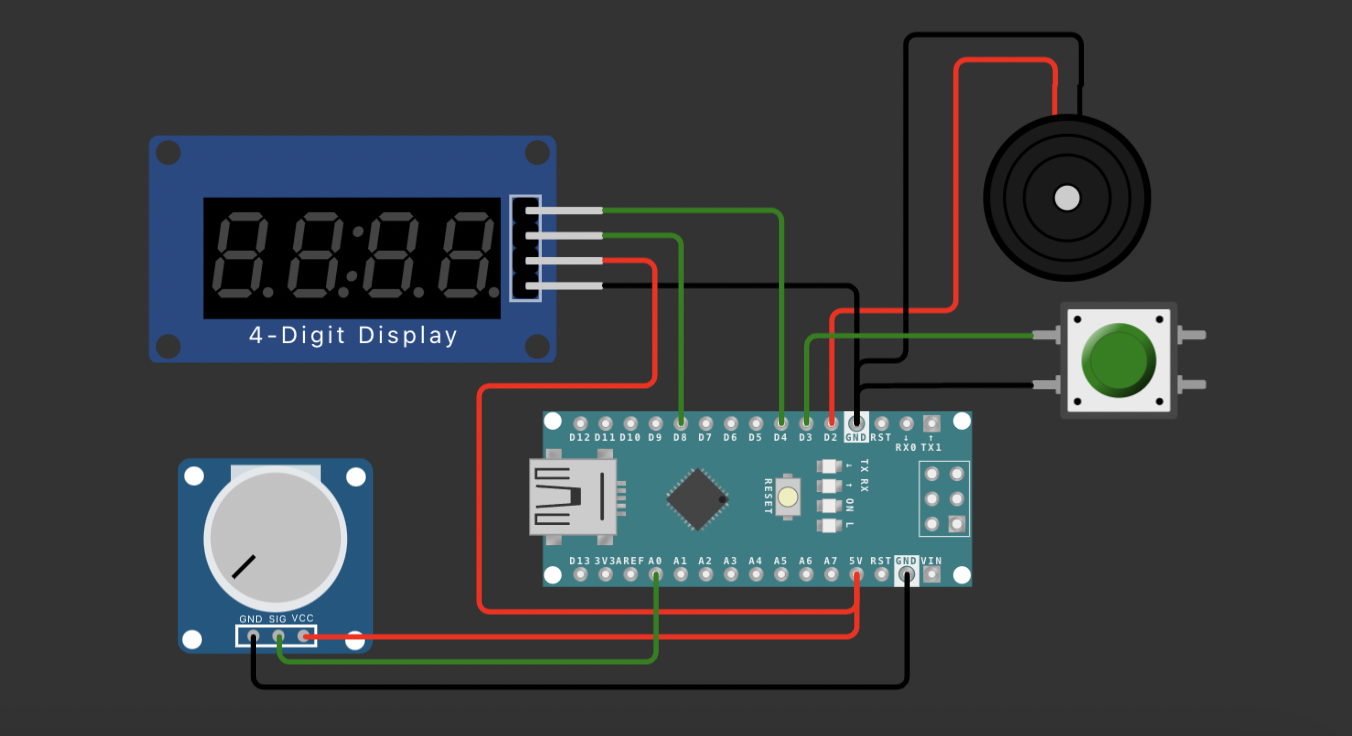Biometrics Can Fuck Off
I'm an ordinary person with nothing to hide, but I value my front door key. A simple piece of hardware that keeps criminals and law enforcement alike out of my home. Would I like my thumbprint to be my front door key? HELL NO! The fact that my front door key is a discrete device, separate to me, not part of my physical person makes it more secure than biometrics. I can deliberately lose a device if I need to protect myself against home invasion or warrentless search. I can't lose my thumbprint. See mt point? In fact, if crims want my thumbprint, they don't need me, just my thumb. [BLAM! I DED. SNIP WITH THE BOLTCUTTERS.] None of this is morbid fantasy. Corrupt law enforcement exist, fascistic regimes exist, ruthless criminals exist. They're not a huge risk for most of us, but they are a real risk. I support passkey devices, the mythical java decoder ring. Technology has marched on since the early days of java, but the idea of an encrypted bluetooth dongle running ...




